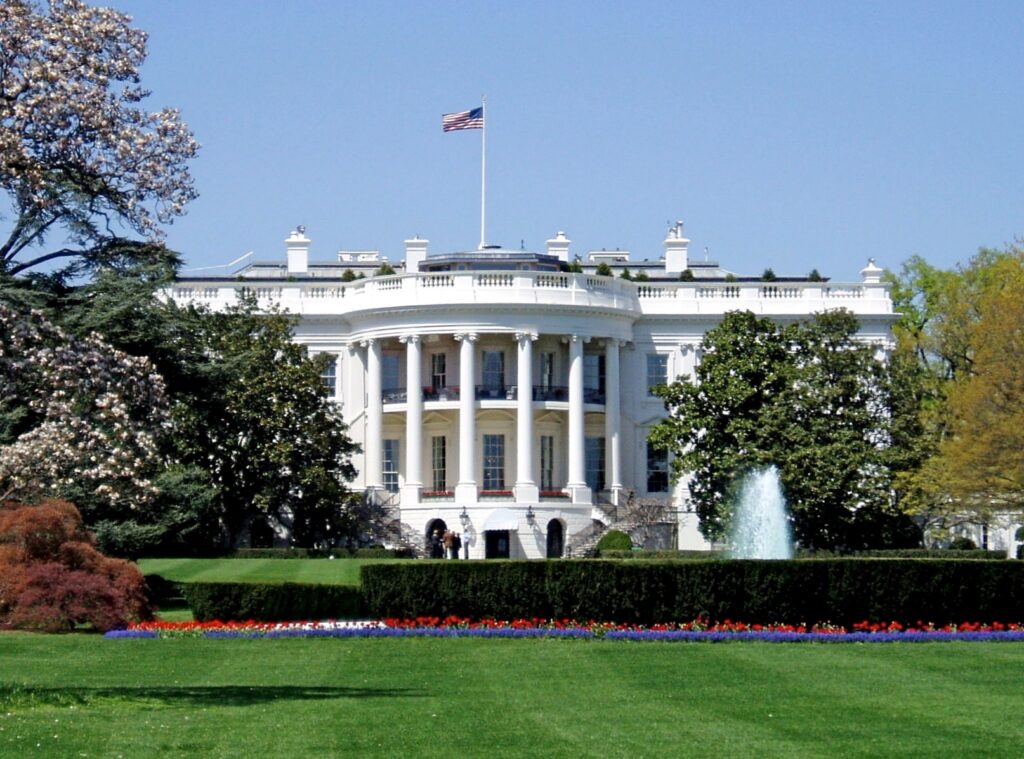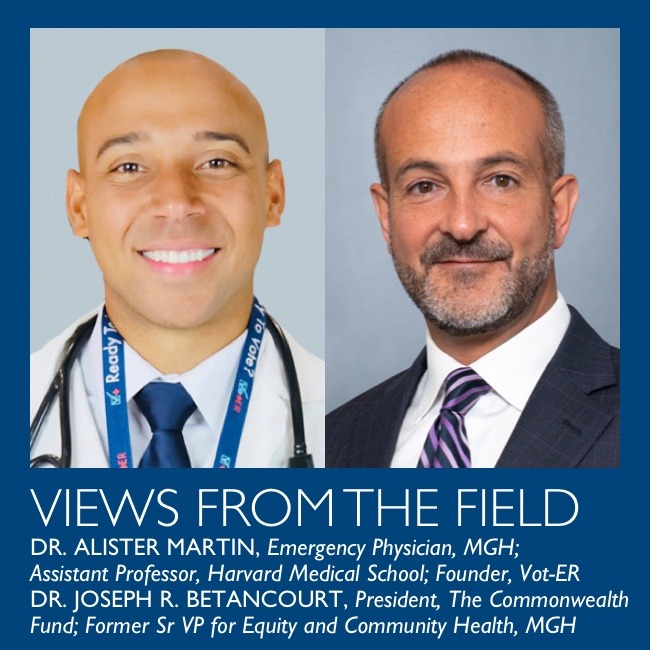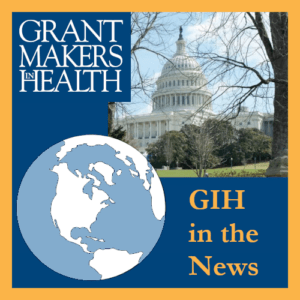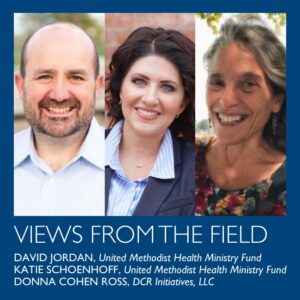The Final Reconciliation Package: Implementation of Key Provisions
On July 4, 2025, H.R. 1, the One Big Beautiful Bill Act, was signed into law. The implementation dates for key health care provisions in the law vary, with some taking effect immediately upon passage and others being implemented over several years. This resource details key dates for the implementation of the law’s most significant health care provisions.
Deadlines in Health-Related Executive Orders and Presidential Memoranda
This GIH policy resource details many of the health-related executive orders issued by the administration and includes a calendar of upcoming implementation deadlines.
Beyond the Exam Room: Impacting Health Outcomes Through Civic Engagement
August marks Civic Health Month, a time to showcase the link between voting and health and celebrate efforts that ensure every voter can support their community’s health at the ballot box. At the same time, the United States is grappling with a health care system ranked 37th globally despite consuming 17 percent of the country’s GDP. With 26 million Americans uninsured and 43 million underinsured, the gap in access to care continues to widen. This crisis will deepen as critical ACA subsidies expire at the end of 2025, potentially leaving 3.8 million more Americans without coverage, in addition to new federal cuts to Medicaid and changes to how coverage is accessed through the health insurance marketplace, which could result in as many as 20 million Americans losing their health insurance.
Older Americans Act Renewal Approved by Senate
This an important and time-sensitive update on the Older Americans Act Reauthorization. The bill passed the Senate on Dec. 10th. It now needs to go through the House.
The National Council on Aging (NCOA) has an easy way for organizations who are legally able to lobby congress to reach out. Click here to complete a very brief form which will be automatically routed to your representatives. And please share with your networks!
Grantmakers In Health Welcomes Three New Members to Board of Directors
Grantmakers In Health (GIH) is pleased to announce the elections of Kenneth Jones, Senior Vice President, Chief Operating Officer, and Chief Equity Officer at the John D. and Catherine T. MacArthur Foundation; Susan Mims, President and CEO of the Dogwood Health Trust; and Hilda Polanco, Market Managing Principal at BDO to its Board of Directors.
Medicaid Managed Care Contracts are a Powerful Tool for Change; Philanthropy has a Role to Play
As a foundation, the mission of the United Methodist Health Ministry Fund is to improve the health of all Kansans. Our success, in large measure, depends on investments we make in advancing positive policy and systems changes that affect the state and communities. So, with large numbers of the state’s most vulnerable people relying on Medicaid for health coverage and care, we focus on leveraging the opportunities this program offers to sustain improved health outcomes and make progress on health equity.
Sustainability? No, It Is about Building Durability!
Philanthropy has forever espoused the term “sustainability.” We ask in grant applications and in our conversations with grant partners: “What’s your sustainability plan?” and “How do you plan to sustain your program once the grant ends?” Thanks to the influence of Tom Klaus, formerly of Tenacious Change, my thinking has shifted and evolved over the past few years to “durability.”








